Today’s readings: Lamentations 3:17-26 | Romans 8:18-30 | Mark 16:15-20
One of the most important things I’ve ever learned about the healing ministry of the Church is summed up in one of the lines in our Gospel reading this evening:
“They will lay hands on the sick, and they will recover.”
And let’s notice carefully who Jesus says will do these things. Is it just Jesus himself, or the apostles, or great saints? Is it only priests or people who do ministry? No, not at all. It’s all of us believers.
These signs will accompany those who believe:
in my name they will drive out demons,
they will speak new languages.
They will pick up serpents with their hands,
and if they drink any deadly thing, it will not harm them.
They will lay hands on the sick, and they will recover.
This is really the basis for all of the Church’s teaching on healing. At the core of our belief is that believers have the ability to do great things, not of their own power, but by the power of the Holy Spirit. Those who believe are so caught up in the life and activity of God that their gifts go out and accomplish God’s purpose in the world. That is what we celebrate tonight. That believers in the field of healthcare put their gifts and talents at the service of God’s desire for healing.
Tonight we also call on God’s grace and blessing to healthcare workers, because while their work is never easy, the COVID-19 pandemic only makes things more difficult. In some ways, healthcare workers are the only faces the sick get to see in these days, because visits from family, friends, even priests is severely limited, if not impossible. All of us know the value of those visits. The psychological boost of seeing friendly faces, hearing comforting words, and partaking in prayer and the sacraments does a lot in the healing process, and now those remedies are not that available. This places a great deal of added strain on those who are working endless shifts and doing their best to be the face of compassion to those in their care.
While the rest of us can never know the burden healthcare workers bear in these days, we can enter into solidarity through prayer and encouragement. It’s up to all of us to hold up the healers, to be the face of Christ to them, whose hands, words, and hearts Christ is using right now to do his healing work. Tonight we will offer a blessing to them and entreat our God to keep them well, keep them strong, and help them put an end to this pandemic disease that causes the misery they see daily, once and for all.
We could have read tonight from many Gospel passages in which our Lord heals someone of an illness. And to those who have watched someone die of this illness many times, those readings may have echoed hollow in some ways. If God can heal a leper in Jesus’ day, why can’t he heal this poor woman gasping for breath in her last days? If he can make a lame man walk or stop a twelve-year hemorrhage, why can’t this poor man get up out of his bed and be well? Those are hard questions, and we all grapple with the implications of that all the time: if not for patients, then for loved ones. Illness and death are completely unfair. Sometimes the healer does everything possible and still the patient dies.
Those are horrible times, but know this. Know that God weeps with you. Because while he allows sickness, disease, war, hunger, poverty, sin, and death, he never wills them. The consequences of our fallen world take nothing away from God’s love for us, nor does he inflict them on us. Even in our darkest moments, God walks with us and enables us to do all we can. On those occasions when all you can do is not enough to make a person well, know that all that you do gives healing in other ways. In these days especially, your care for them may be the only Jesus they get to see right now. Our God who never wants anyone to die alone and uncared for is using you in these moments to give comfort and grace. That’s an amazing privilege.
And the support you receive from many other workers is part of God’s healing work in the world too. The sick must be fed, and have clean linens and clean rooms. Broken equipment needs to be fixed. Facilities need to be adapted so that they can be used in ways they weren’t originally intended for. This all takes the work of dedicated workers who, like the doctors, nurses and other care givers, are putting themselves at risk in order to take care of those who are sick. It takes a village to heal the sick and to comfort the dying. God’s healing grace is active in every person who answers the call to work among the sick.
Today’s readings paint the picture of the situation in which we find ourselves. Saint Paul writes to the Roman Church in a time of persecution, and he takes note of the sufferings that many of them were enduring. In all of that, he calls on them to have hope in God. Hoping is more than just a wish upon a star: hope is a theological virtue that, while never denying what’s going on, knows that the power of God is never limited by suffering. We may not see the immediate fruits of hope, but then that’s not how hope works: hope never loses confidence that God is in control. The writer of Lamentations speaks of hope as well, insisting that he has reason to have hope because God’s faithful mercy is renewed each morning.
And so we faithful ones forge on in hope, knowing that COVID-19 is not forever. Nothing gets to be forever except God’s grace and mercy and love. And so, while disease is a fearsome thing, we don’t owe it our fear. If we use that energy instead to hope in God’s goodness, and know that he is at work in us, he can then use us to renew the face of the earth. Even now, the Spirit groans within us, giving voice to our deepest longings, as we wait for our bodies to be redeemed, and our prayers to be answered, and our illnesses to be healed.
And we continue to trust in our Lord who promised that believers would lay hands on the sick and they would recover. Whether they recover their health, or recover their faith, or recover their relationships, they will recover what God intends them to recover. That’s not up to us, any of us. Hoping in God, however, and trusting in the faithfulness that renews us each day, I urge you all to continue to lay hands on the sick, put your gifts at the service of God’s mercy, and trust that he will recover what needs to be recovered. The Lord always makes good on his promises when we live out of hope.
Because Christ is risen. He is risen indeed. Alleluia!

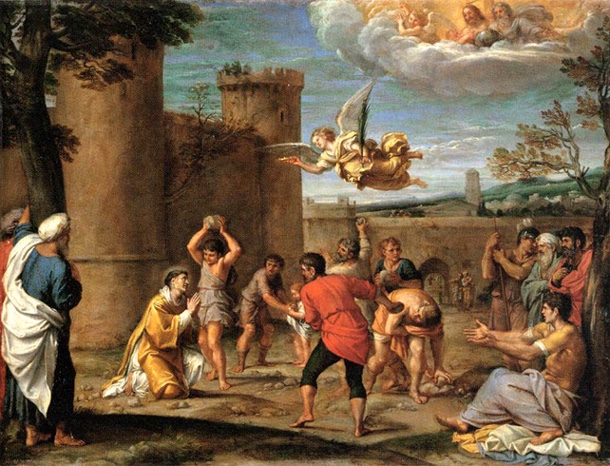
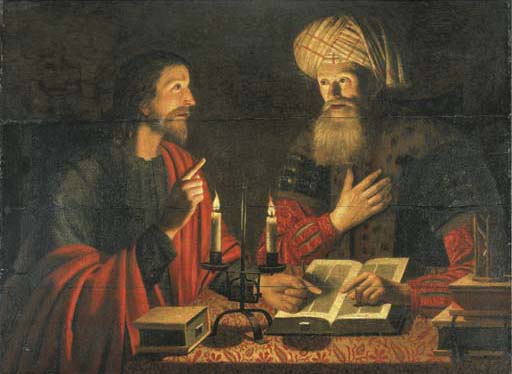
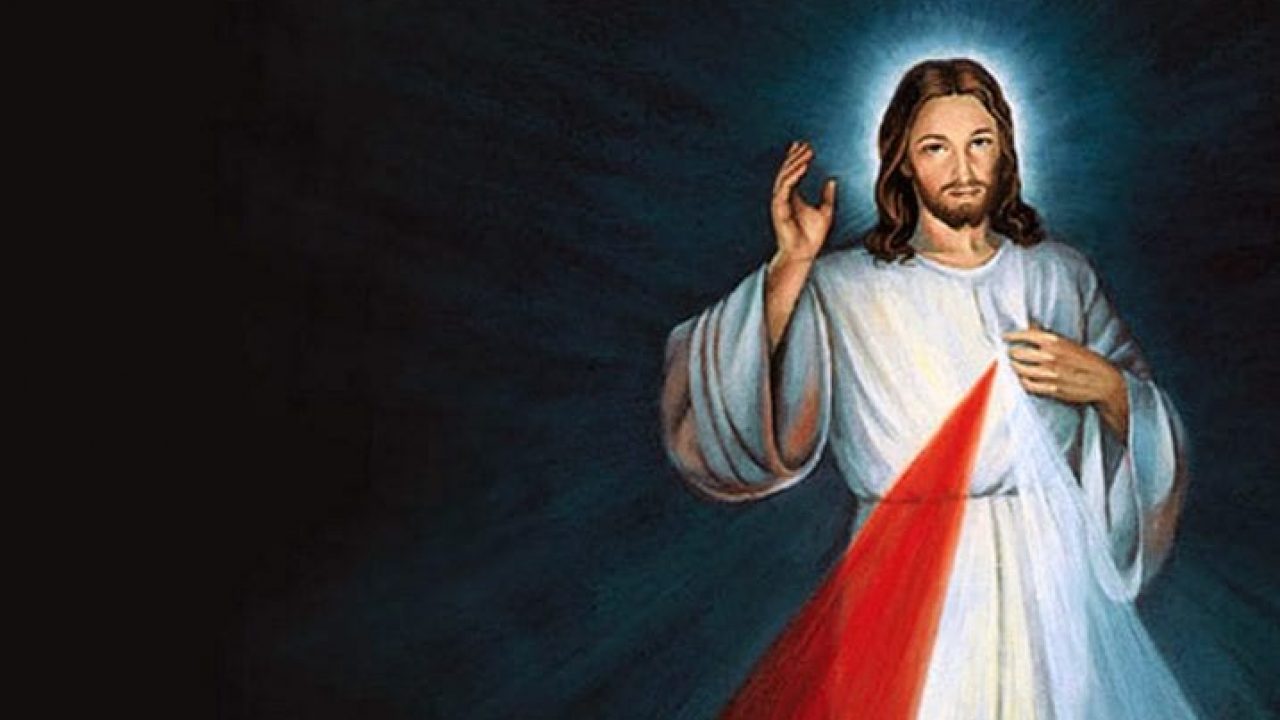
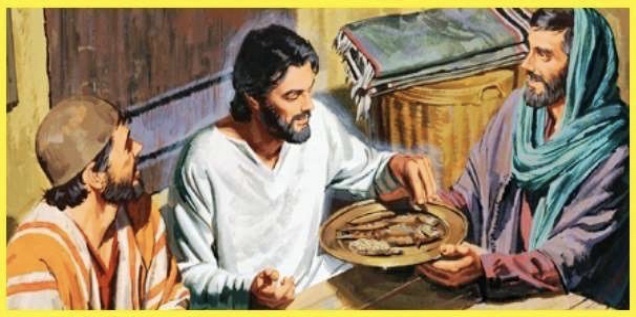
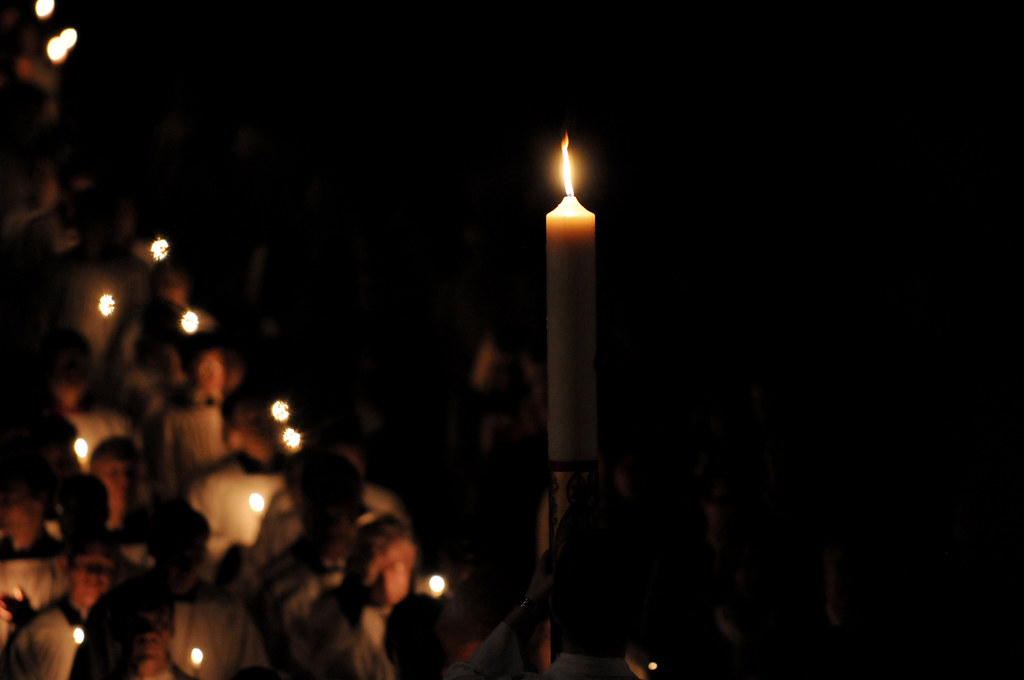
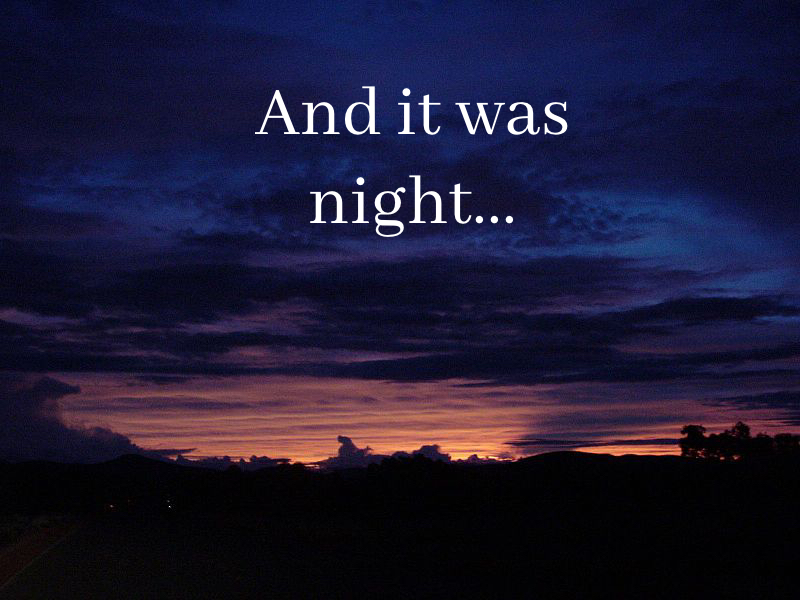

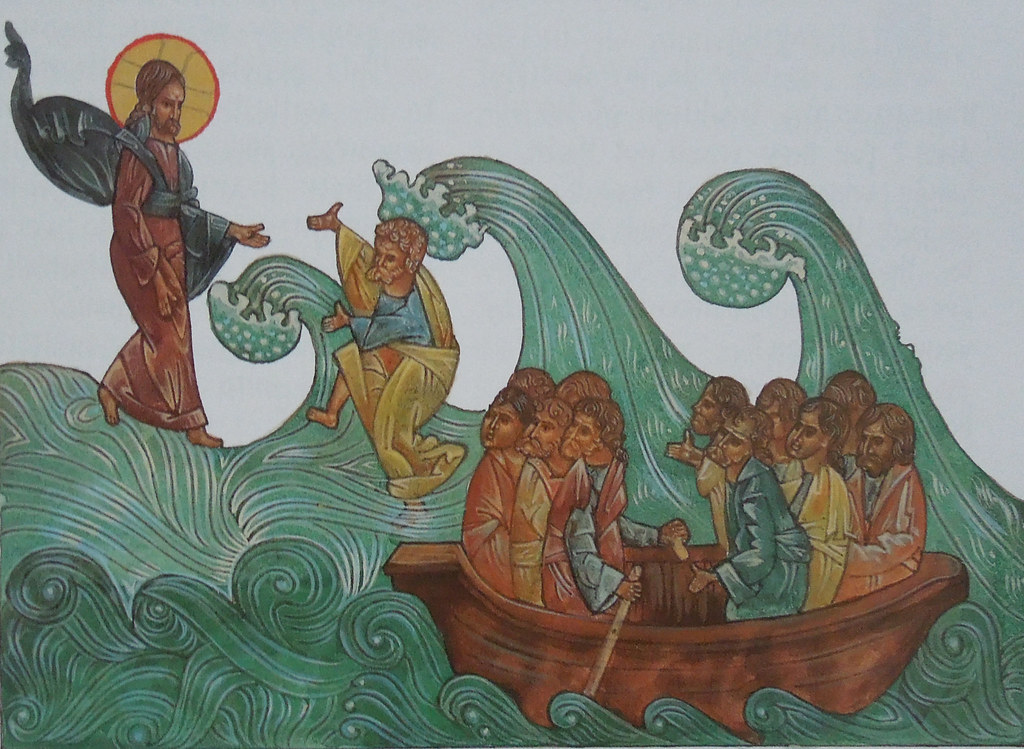
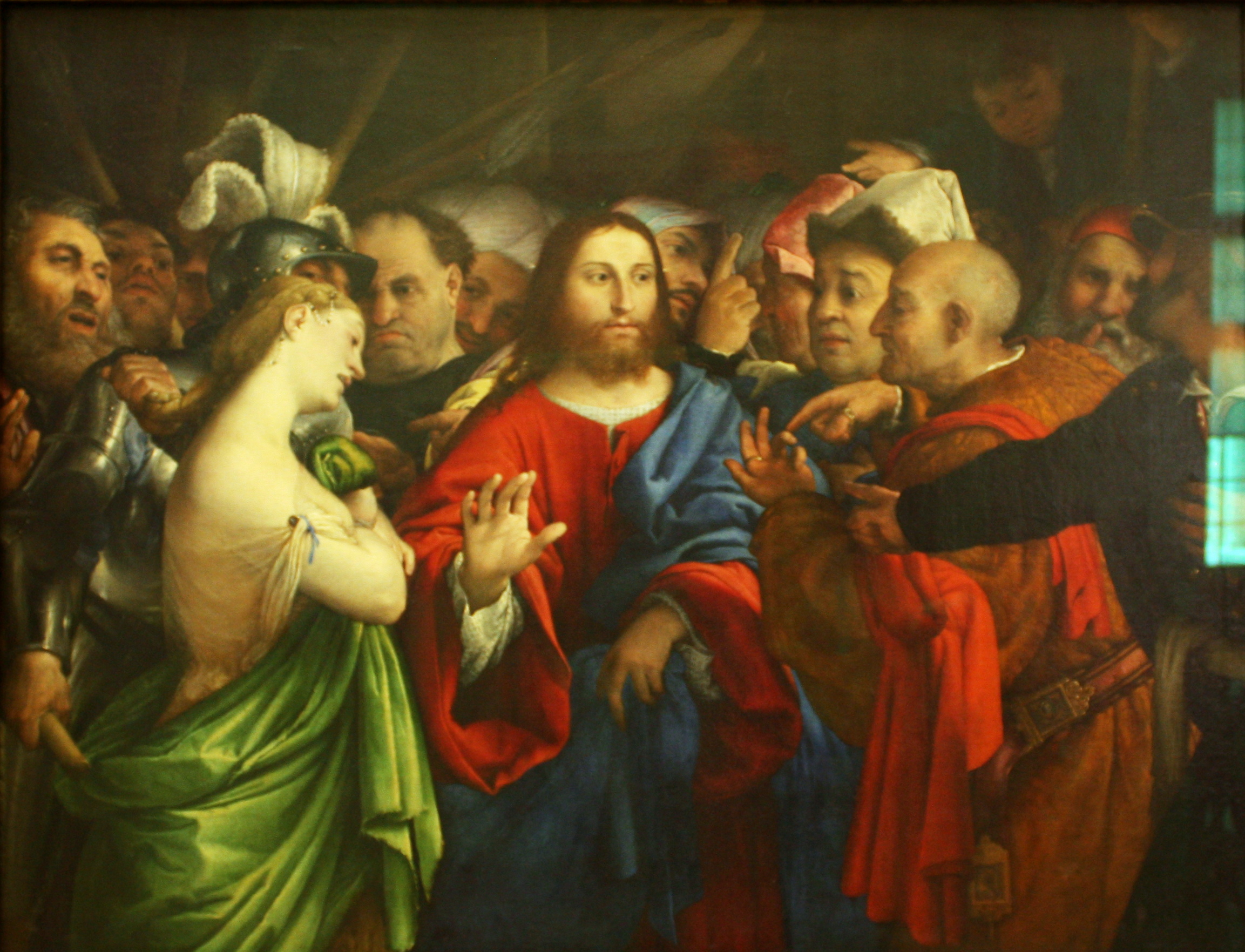
You must be logged in to post a comment.